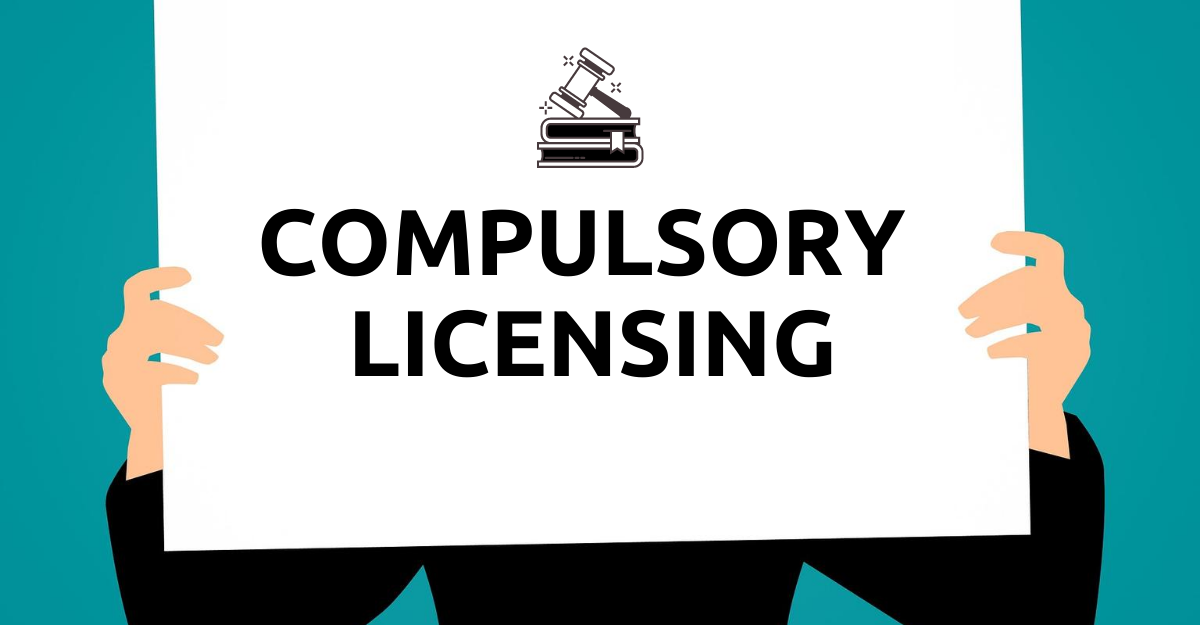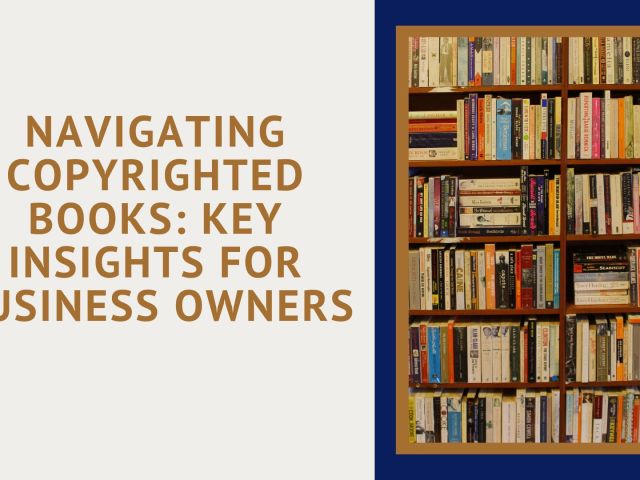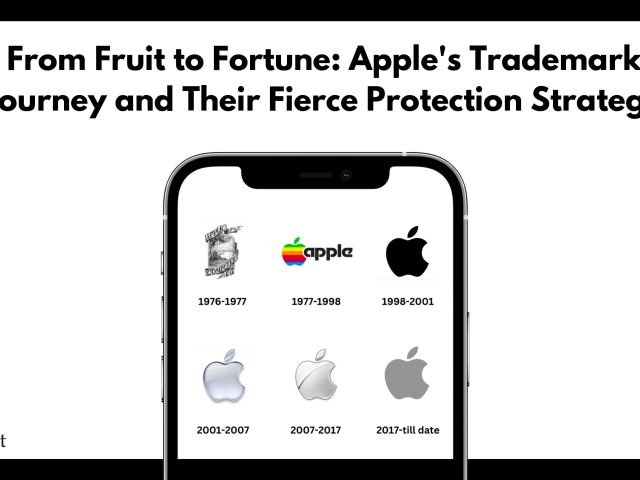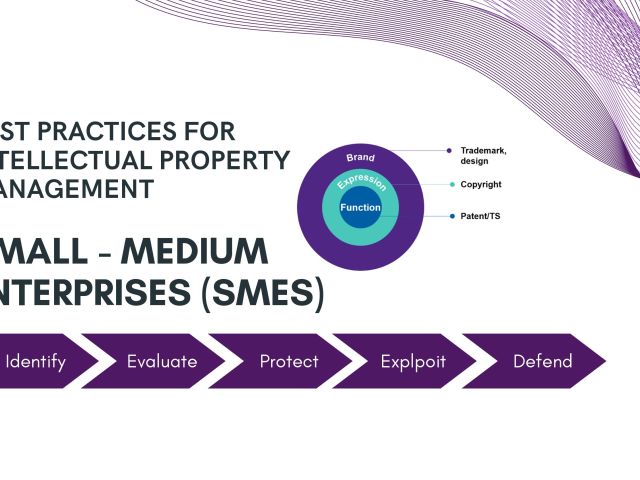What is meant by licensing?
A license is the transfer of an interest in a copyright. In a license, the rights granted are limited. A license grant to a person authorizes the licensee to use the copyrighted work without any claim of infringement or unauthorized use being brought by the copyright owner against the licensee.
A license is different from an assignment as the licensee gets certain rights subject to the conditions specified in the license agreement. However, the ownership of those rights vests solely in the copyright owner. On the other hand, in the case of an assignment, the assignee becomes the owner of the interest assigned to him. The original owner of the copyright transfers all his/her rights to the assignee and retains none.
A license can be voluntary or compulsory.
Voluntary or compulsory:
Section 30 of the Indian Copyright Act defines what is meant by voluntary licensing. According to Section 30:
The owner of the copyright in any existing work or the prospective owner of the copyright in any future work may grant any interest in the right by license in writing signed by him or by his duly authorized agent.
Therefore, the copyright owner of any existing work or the prospective owner of any future work can grant any interest in the right through a license. However, it has to be borne in mind that in the case of future work, the license will come into force only when the work comes into existence.
What is Compulsory Licensing:
A compulsory license is a term generally applied to a statutory license to do an act covered by an exclusive right without the prior authorization of the right owner. Compulsory licensing allows for the use of protected (in this case, copyrighted material) without the prior permission of the owner of the right.
Section 31 of the Indian Copyright Act provides for the compulsory licensing of copyright in case of works that are withheld from the public. In case the copyright owner has refused to:
a) Republish or allow for the republication of the work or refuse to allow for the performance of the work in public due to which the work is withheld from the public;
b) Allow communication of the work to the public through a broadcast of such work, or in the case of sound recording, the work recorded in such sound recording on terms which the complainant considers reasonable.
When will a compulsory license be granted?
The Copyright Board can, after providing a reasonable opportunity for the owner of the copyright to be heard and after conducting an inquiry and if satisfied, can direct the Registrar of Copyrights to grant a compulsory license to the complainant to republish the work, broadcast the work or communicate it to the public as the case may be. Upon such direction, the Registrar of Copyrights shall grant the license to the complainant.
Further, a compulsory license can also be granted in case of unpublished Indian works. Section 31A provides for the same. In case of an unpublished work wherein the author is dead or unknown or cannot be traced, any person may apply to the Copyright Board seeking a license to publish such work.
An essential case concerning compulsory licensing is Entertainment Network (India) Ltd. v. Super Cassette Industries Ltd. In this case, Radio Mirchi was playing music, and Super Cassette Industries held the rights to it. The music company filed for a permanent injunction. While the suit was pending, the FM operators applied to the Copyright Board for the grant of a compulsory license under Section 31(1)(b) of the Copyright Act.
The question here arose whether granting a compulsory license was viable in such a particular circumstance. The broadcasters, i.e., Radio Mirchi, argued that since a license had already been granted to AIR and Radio City, there were no grounds on which a license to Radio Mirchi should be denied. The Court held that a compulsory license could be granted on grounds stated in Section 31A of the Copyright Act, i.e., only when access to the work has been denied to the public. In this case, the license had already been granted to AIR and Radio City. Therefore, it was not barred from public access. Thus, the argument of Radio Mirchi holds no water, and they were liable for copyright infringement.
Why is Compulsory Licensing So Important?
The primary objective of compulsory licensing is to ensure the availability of copyrighted material. The Indian Copyright Act protects writers, artists, etc., so that they can benefit from the results of their hard work and creativity. However, this comes at a price, i.e., the work should be available for access and fair use for other individuals. There are times when copyright owners refuse to part from their work. In such a case, compulsory licensing becomes necessary to ensure the availability of copyrighted material to the public and the free flow of ideas and information without infringing the rights of the copyright owner.




